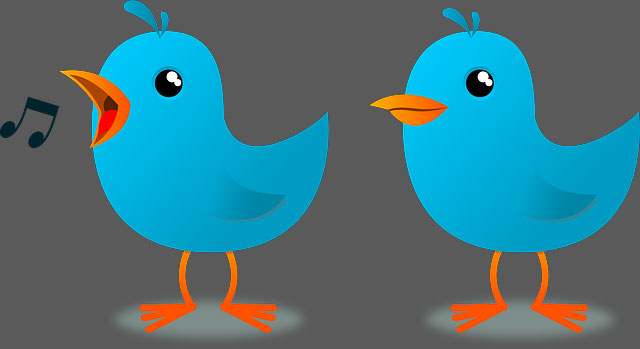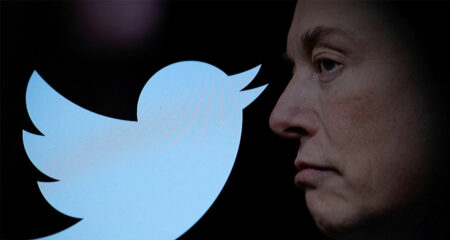 Once part of the social media brat pack, Twitter now languishes in lousy B-roles and television cameos while Facebook runs the scene with all the new cool kids. Even LinkedIn seems to be having a better time, making Twitter dismayingly wonder if it is destined to stand outside in the waiting line alongside the pathetically hopeful Google Plus or cry in the car with MySpace.
Once part of the social media brat pack, Twitter now languishes in lousy B-roles and television cameos while Facebook runs the scene with all the new cool kids. Even LinkedIn seems to be having a better time, making Twitter dismayingly wonder if it is destined to stand outside in the waiting line alongside the pathetically hopeful Google Plus or cry in the car with MySpace.
It’s dismaying because Twitter has the right stuff, arguably more so than any other social media network. It’s caused revolutions, for goodness sake. Weibo, the Chinese equivalent, is also a source of protest and public expression, despite that country’s notoriously controlled Internet space. That says something.
But what Twitter can’t seem to do is make money. This has been getting a lot of focus in the wake of recent results from the company, followed by a number of theories.
I think it’s down to two problems.
First, Twitter has resisted advertising for too long, meaning it lost out on the boom and created anti-ad expectations among its users. This doubles for data monetisation. Twitter could have accomplished this — Sino Weibo in China relies on advertising for revenues. But it’s too late now. Cultural pushback against ads and data monetisation is already happening.
The second is consistently bad management: the creators had no idea how to run it as a business and the new people have no vision for their product. I know this because I use Twitter often enough to sense a distinct lack of new ideas or even improving current features. Many criticise its learning curve for newcomers, the lack of content controls and better curation tools, all which suggest a lack of fundamental interest in improving the product.
Twitter can’t be a business and it lacks the ingenuity that brought it to life. What’s left? Let’s make it a protocol.
Now I have no idea what that entails. But protocols are the backbone of the Internet, so it can’t be impossible. Twitter fills a good gap. It’s more compact than e-mail, but allows for more contemplation than real-time chats. It clearly has a role to play, as is evident for its ability to get presidents elected. We shouldn’t lose such a valuable communication tool.
E-mail has an interesting history, but it never had to be subjected to “monetisation”. Instead, the industry that grew around it built tools to interact with the protocol. In that there was and still is money.

Releasing Twitter to the larger world is more likely to create industry than any hopes it will ever come out of its current tailspin. It will certainly encourage the innovation that Twitter sorely needs — and those can be monetised. But the core system should be open and unattached to shareholder dividends.
This idea is not new at all. A quick search on the topic shows it going back as far as the site itself. But we are really getting to a point where something must be done about Twitter before it collapses in on itself. Something more altruistic than the patent grabs or disastrous acquisition osmosis that is waiting down the road.
On the other hand, if it is such an important tool, Twitter’s corpse will soon be trampled by a new generation of 140-character message wannabes, capable of starting riots and global reverberations. But they will smartly start with ads and data mining, or whatever monetising tactic had since been discovered. The technology will remain wrapped inside a money machine, instead of joining the plumbing of the Internet.
We may also risk losing the Twitter momentum. Technology’s success is not a given. If Twitter goes down, we may lose its potency for a long time, replaced by pale, hollow imitators.
That would be a real shame.
- James Francis is a freelance writer whose work has appeared in several local and international publications




